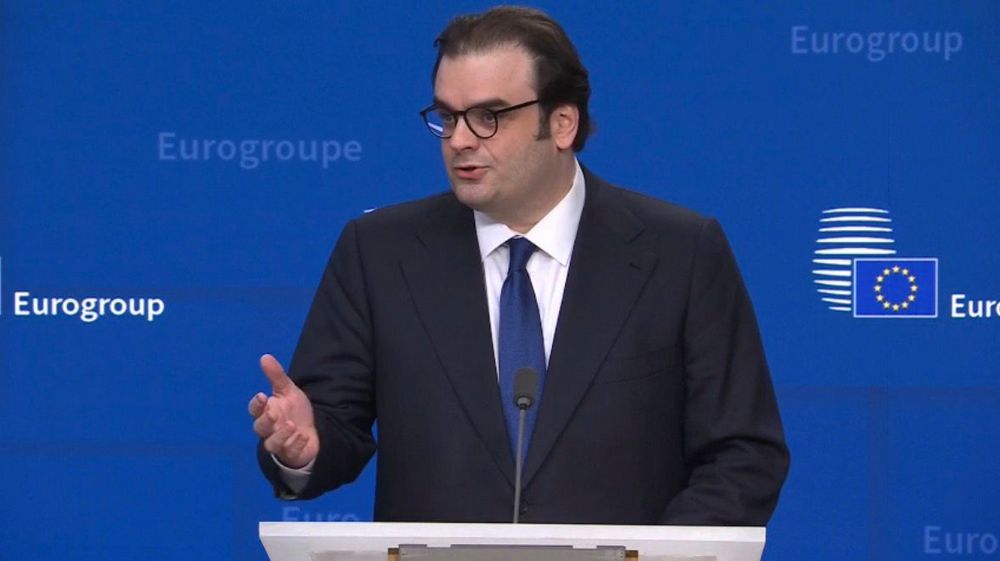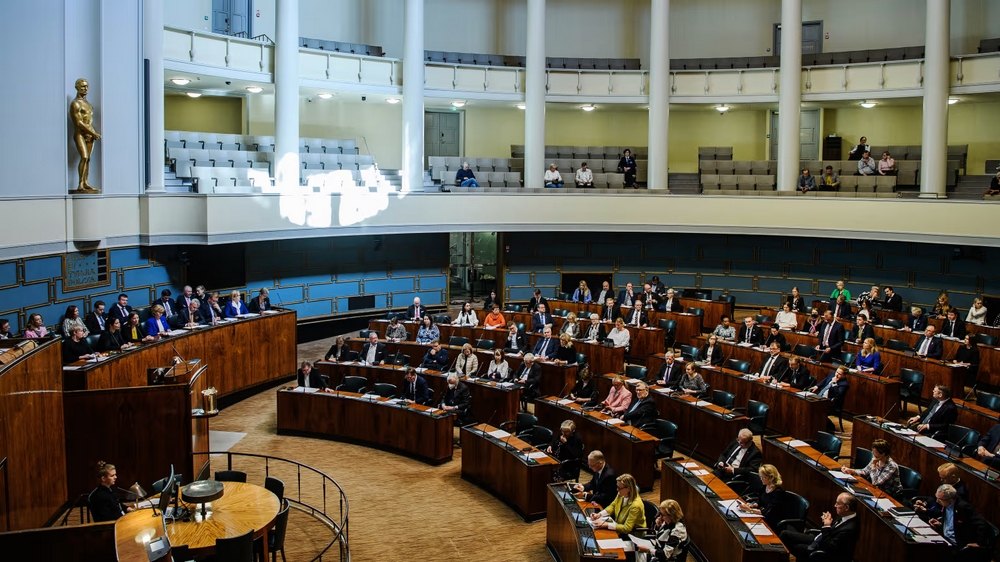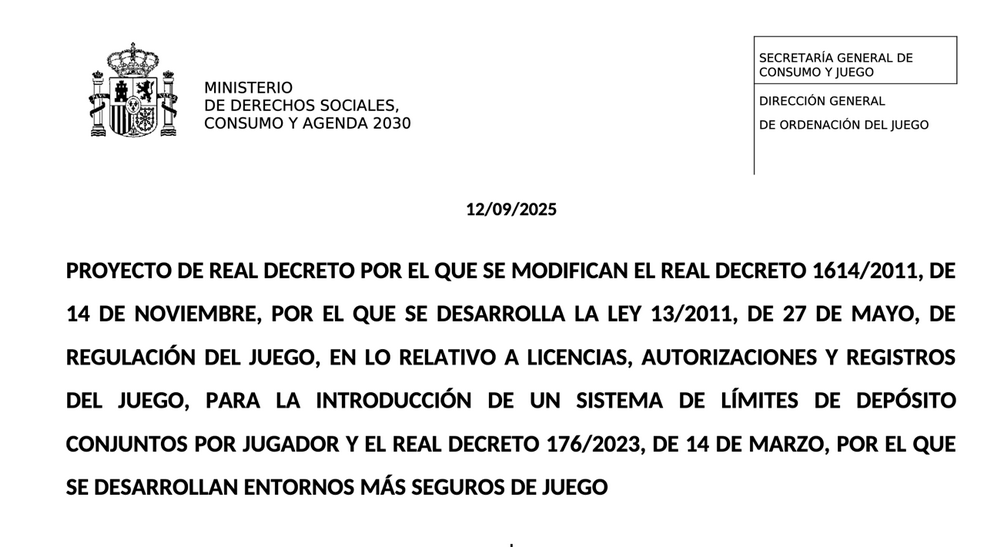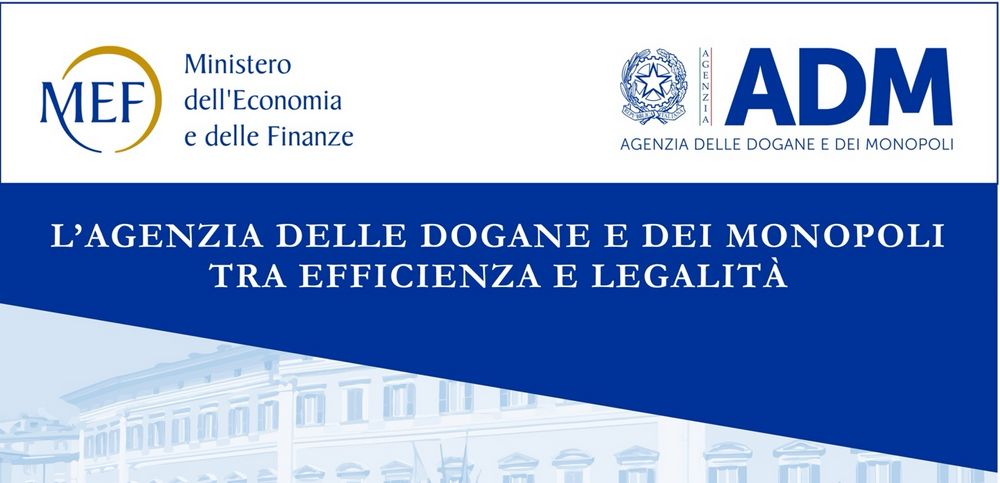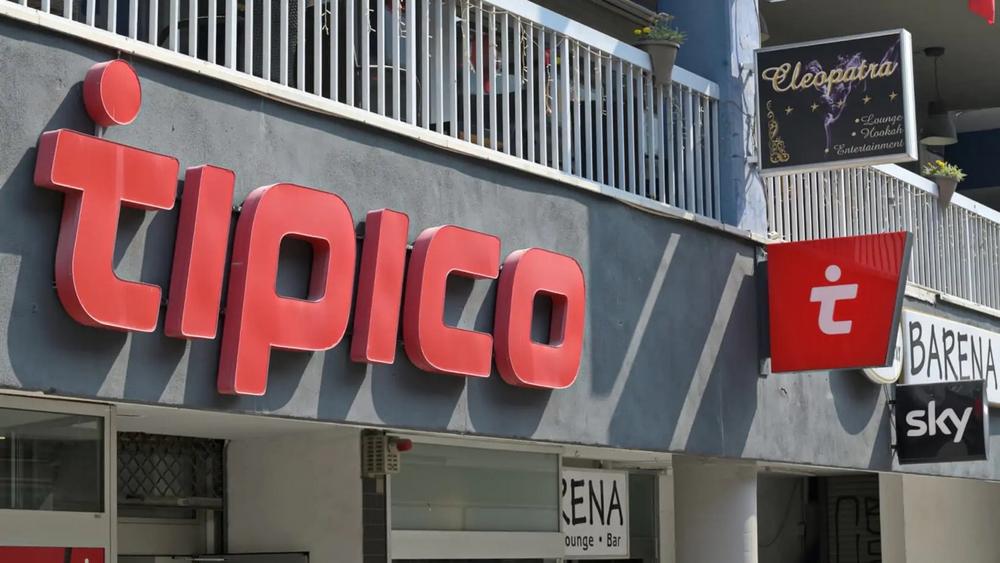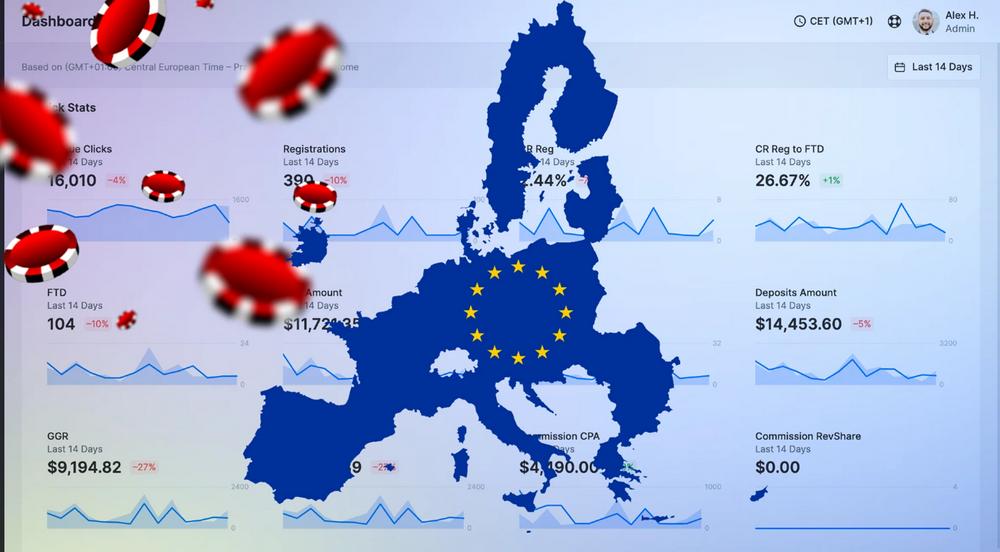Luxembourg, September 24, 2025 – Several European Union member states have thrown their weight behind Germany in a pivotal case before the European Court of Justice (ECJ) that could reshape liability for unlicensed betting across the bloc.
The dispute centers on wagers placed in Germany between 2013 and 2021, during a transitional licensing regime under the Glücksspielstaatsvertrag (GlüStV 2012). German courts have faced thousands of claims from players seeking reimbursement of losses on the grounds that operators, including Tipico, were not locally licensed at the time. A ruling in favor of the claimants could expose bookmakers to billions of euros in potential refunds.

During oral arguments in Luxembourg, Germany defended its restrictive model, insisting it complied with EU law and was designed to protect consumers and combat addiction. Belgium, Greece, and Portugal echoed this stance, emphasizing that member states must retain the ability to impose stricter national controls on gambling even within the single market.
By contrast, Malta, home to Tipico’s headquarters, countered that its own regulatory framework provides robust player protection and should be recognized across the EU. Tipico argued it had met all the requirements for a German licence but was blocked by structural flaws in the tender process, including an arbitrary cap of 20 concessions.
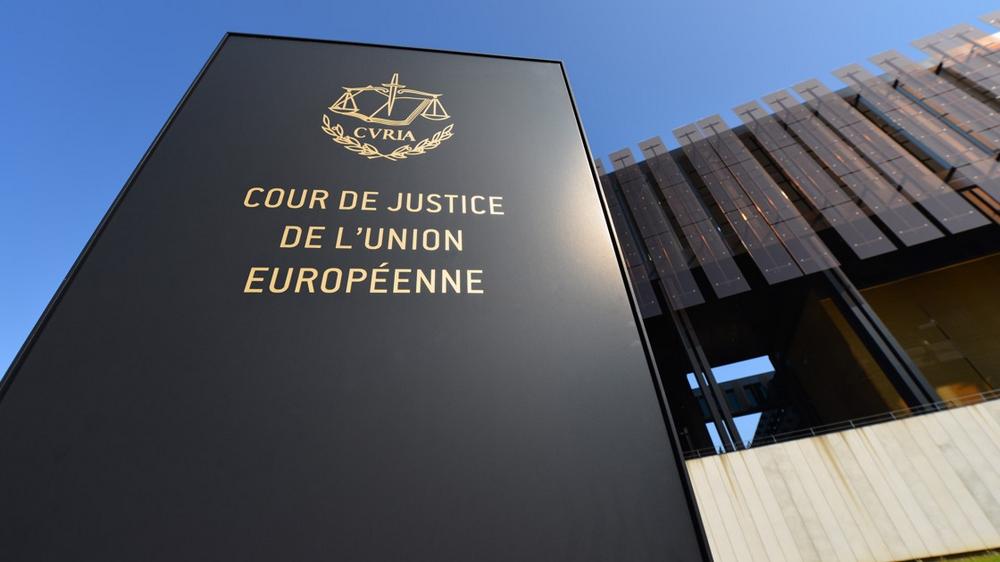
One ECJ judge pressed the issue of mutual recognition with a striking analogy: “If a member state were to legalise cocaine, would that compel others to accept it?” The question underscored the court’s reluctance to force recognition of gambling authorisations granted abroad. The European Commission also intervened, siding with Germany and other states that see gambling as a sector where subsidiarity and consumer protection outweigh market freedoms.

An opinion from the Advocate General is scheduled for 11 December 2025, with a final ruling expected in 2026. Legal experts say the outcome could determine whether Germany’s past restrictions are deemed proportionate under EU law – and whether operators can be held retroactively liable for losses incurred by players.
For Germany, the case is a litmus test of its regulatory sovereignty. For operators like Tipico, it is a battle that may decide not only the future of restitution claims but also the broader harmonisation of Europe’s fragmented gambling landscape.











